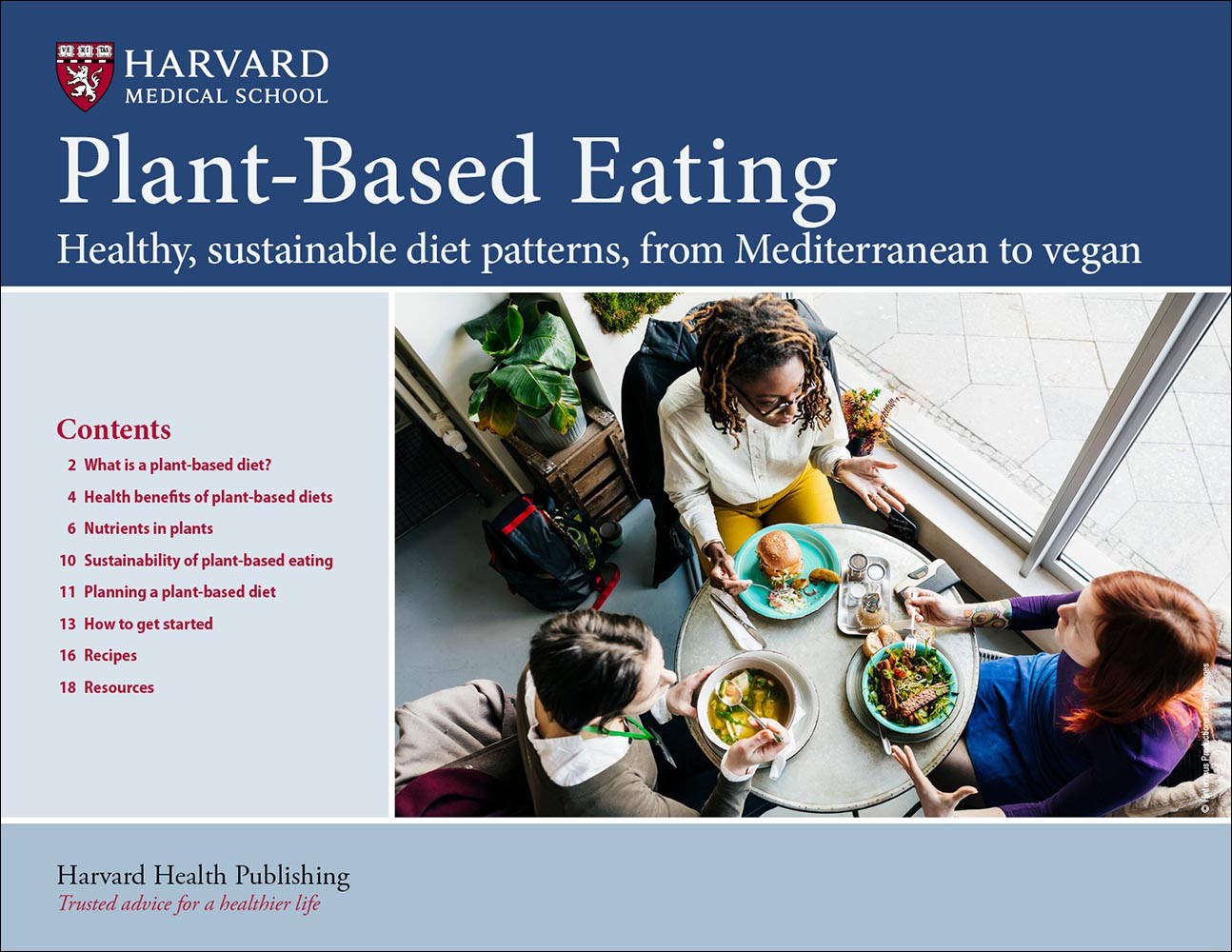Flavonoid-rich diet linked to lower risk of plaque in neck, leg arteries
Research we're watching
- Reviewed by Christopher P. Cannon, MD, Editor in Chief, Harvard Heart Letter; Editorial Advisory Board Member, Harvard Health Publishing

People who consumed higher amounts of beneficial plant compounds known as flavonoids were less likely to have signs of plaque in their leg and neck arteries, a new study finds. Good sources of flavonoids include tea, apples, berries, oranges, and dark chocolate.
The study included 5,599 people in the Multi-Ethnic Study of Atherosclerosis, a long-running study exploring risk factors for cardiovascular disease. In the early 2000s and again in 2010-2011, researchers collected data from food frequency questionnaires and tests that measured the buildup of fatty plaque (atherosclerosis) in participants' heart, leg, and neck arteries.
Compared to people who consumed the least amount of flavonoids, those who ate the highest amounts had 26% lower odds of having plaque in their legs (peripheral artery disease) and an 18% lower chance of plaque in their necks (carotid artery stenosis). The study was published in the November 2024 issue of Arteriosclerosis, Thrombosis, and Vascular Biology.
Image: © RedHelga/Getty Images
About the Author

Julie Corliss, Executive Editor, Harvard Heart Letter
About the Reviewer

Christopher P. Cannon, MD, Editor in Chief, Harvard Heart Letter; Editorial Advisory Board Member, Harvard Health Publishing
Disclaimer:
As a service to our readers, Harvard Health Publishing provides access to our library of archived content. Please note the date of last review or update on all articles.
No content on this site, regardless of date, should ever be used as a substitute for direct medical advice from your doctor or other qualified clinician.
















